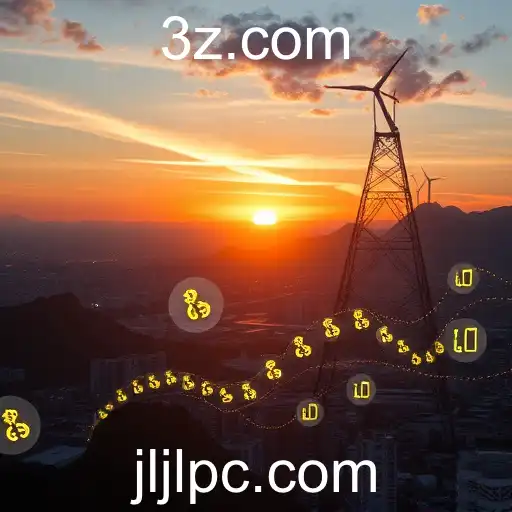
In recent years, the global push towards renewable energy has gained unprecedented momentum. This trend marks a dramatic shift in how nations approach sustainable development and energy security. Political changes have played a crucial role in this transition, with both emerging markets and established economies adopting renewable technologies at an accelerated pace.
The political landscape has become increasingly supportive of cleaner energy solutions. Governments worldwide are recognizing the dual benefits of renewable energy: reducing carbon emissions to combat climate change and providing economic advantages through job creation in new energy sectors. For example, countries like China and India are heavily investing in solar and wind power, setting ambitious targets to reduce their reliance on fossil fuels.
Simultaneously, Western nations are revisiting their energy policies to align with international climate agreements, such as the Paris Accord. The European Union is at the forefront, implementing policies that promote renewable energy integration and curb greenhouse gas emissions. Meanwhile, the United States is experiencing a shift in policy focus with increased federal support for green energy projects as part of its economic revitalization plan.
Challenges remain, particularly concerning energy storage and grid infrastructure necessary to support renewable sources. Innovations in battery technology and smart grid systems are paving the way for a more resilient energy network. These developments are crucial in accommodating the intermittent nature of renewable power and ensuring consistent energy supply.
Public support for renewables continues to grow, driven by a heightened awareness of climate issues and the visible impacts of global warming, such as extreme weather patterns. This societal backing is pressuring policymakers to prioritize sustainability and conservation efforts.
Economically, the transition to renewable energy is proving to be beneficial. As technology advances and production costs decrease, renewable energy becomes more competitive against traditional fossil fuels. This economic viability is attracting private investments and fueling market dynamics that drive further growth within the green sector.
Overall, the dynamic interplay between political will and technological innovation is laying the groundwork for a sustainable future. As countries continue to navigate the complexities of energy transitions amidst political shifts, the global commitment to renewable energy signifies a pivotal change in the journey towards sustainability.


